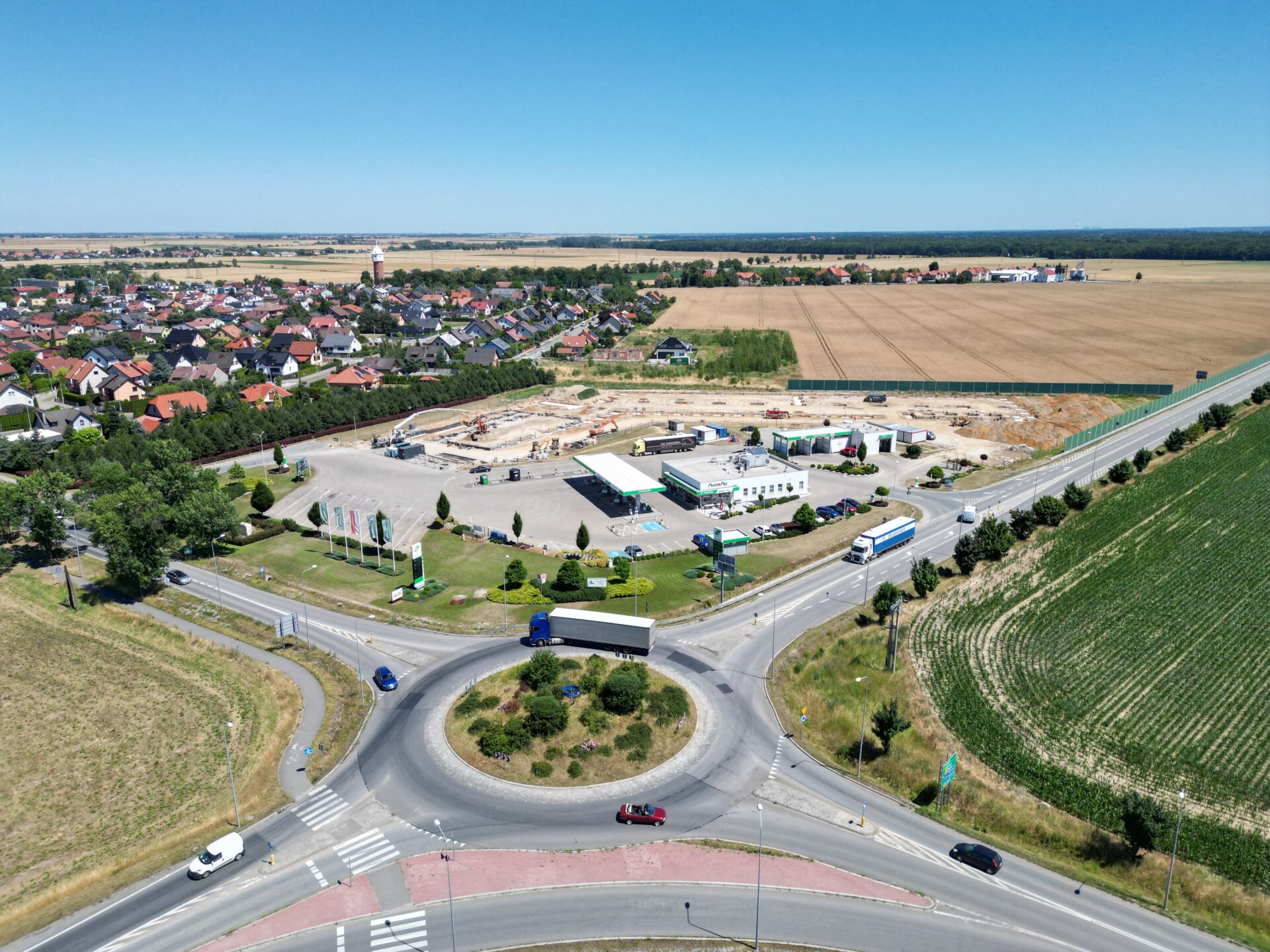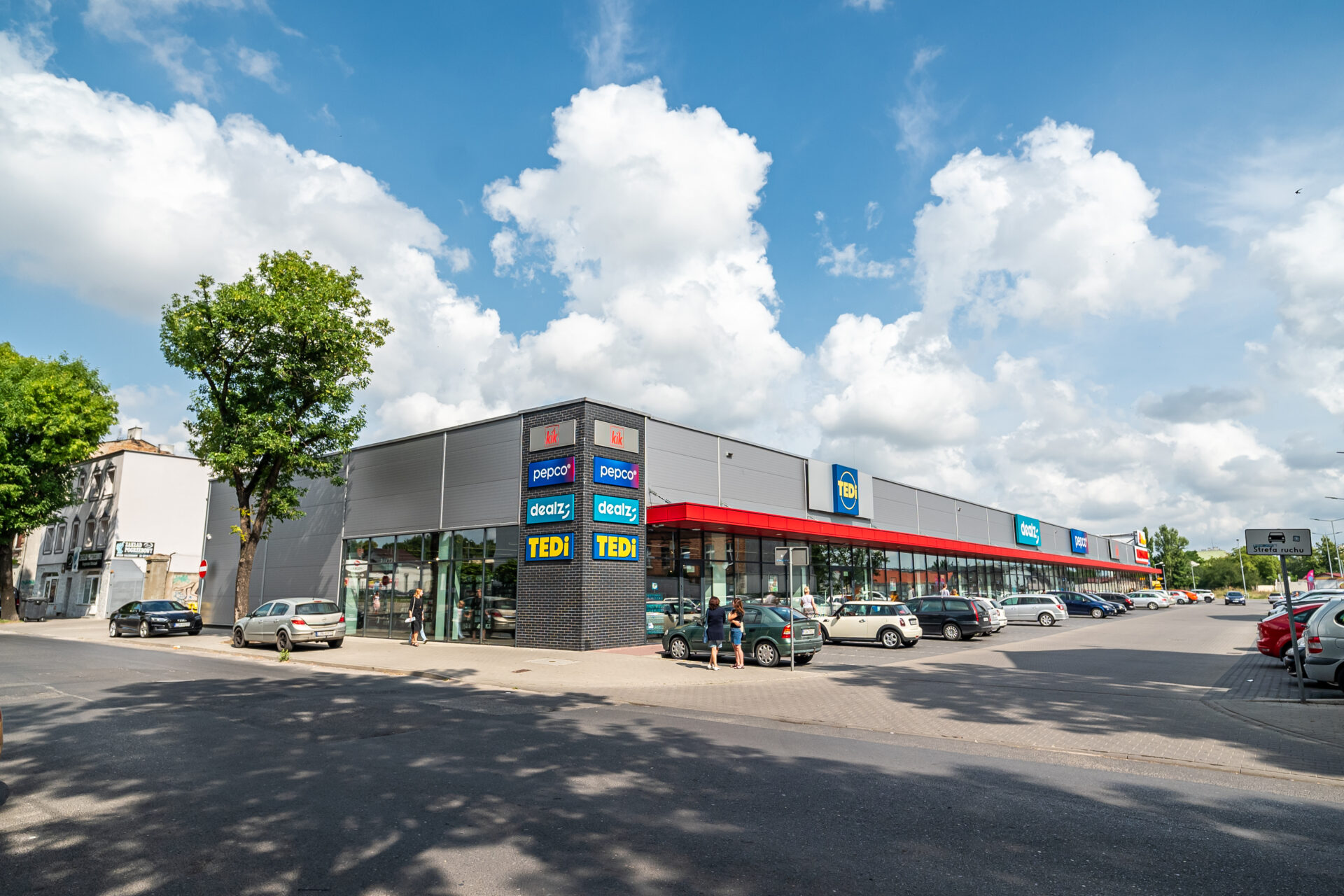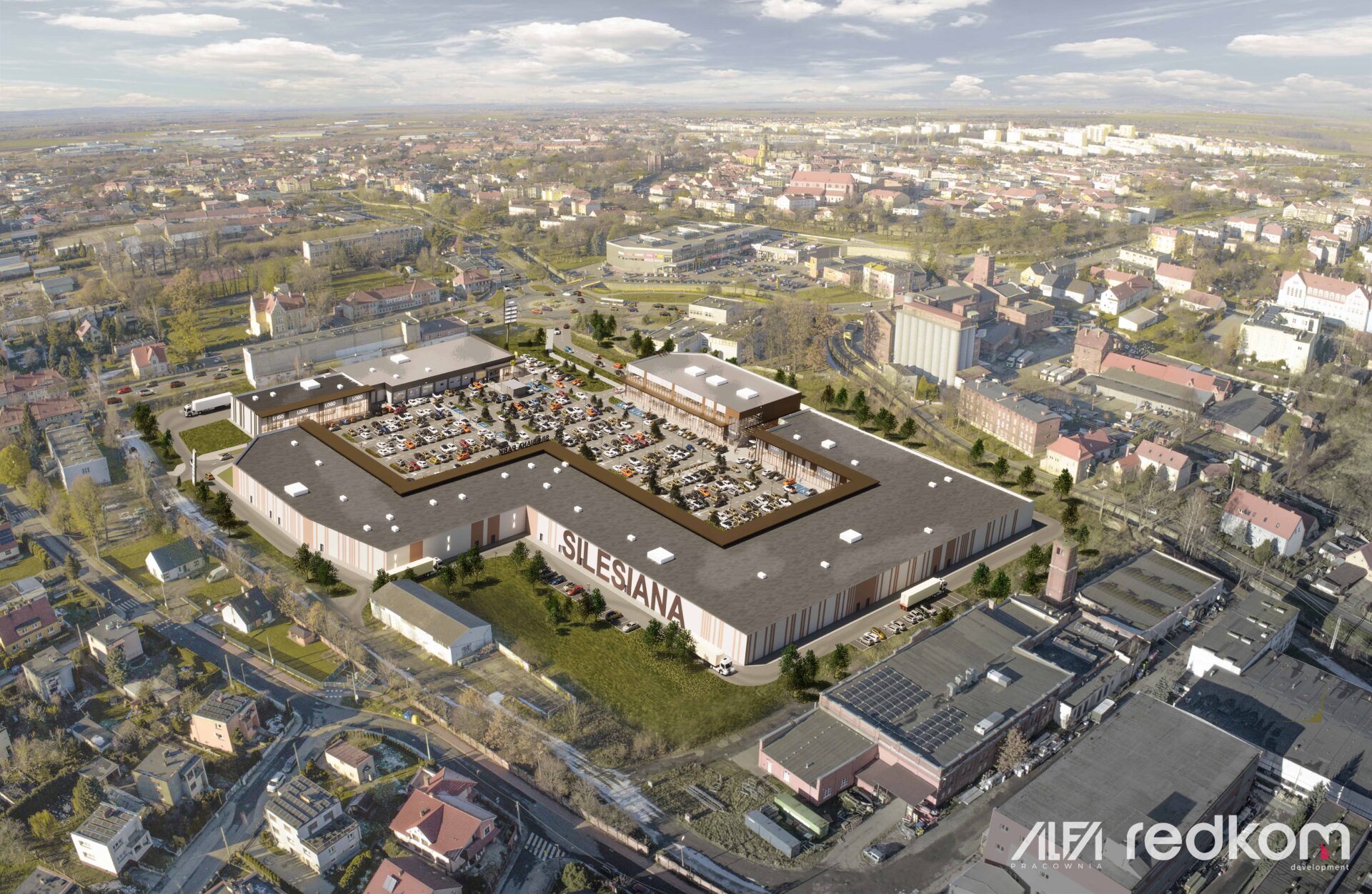In Romania, temporary closing of food courts, restaurants and entertainment tenants (including cinemas) continues to apply for a further period of two weeks in cities/regions where the number of infections has exceeded 3 cases/1,000 inhabitants in the last 14 days. Indoor restaurants in such regions are allowed to only operate for taking away orders and deliveries. The restrictions currently apply to several cities in Romania, including Bucharest, and affect 3 percent of the Group’s GLA. The geographical extent of these restrictions may change, depending on the prevailing medical situation at the local level.
The existing restrictions applied in Slovakia, consisting of indoor restaurants operating only for take away orders and deliveries and entertainment tenants with activities temporarily suspended, are in place up until the 7-day moving average number of new infections falls below 500 cases. These restrictions affect approximately 1 percent of the Group’s GLA.
Slovakia undertook a nationwide testing programme over the last two weekends, revealing that approximately 1 percent of the population is COVID-19 positive. The extended testing and subsequent measures taken are expected to generate a significant reduction of the COVID-19 infections, therefore also reducing the need to impose additional restrictions.
In Poland, the Government required the majority of non-essential shops in retail locations measuring over 2,000 sqm to close between 7 November and 29 November. The activities not affected by the Government’s decisions and trading in the Group’s shopping centres are groceries, DIY stores, pharmacies and medical stores, cosmetics, pet stores, units selling books or newspapers, telecommunication stores and services. Restaurants can operate only for takeaway and deliveries. The introduction of the new restrictions in Poland affects approximately 16 percent of the Group’s total GLA.
As of today, the Government’s decree issued in March 2020 and providing for the suspension of the tenants’ financial obligations for the duration of restrictions is still in place. The Government is currently assessing the potential support for the retailers and landlords negatively impacted by these measures.
In Lithuania, all entertainment areas (cinemas, fitness centres, dancing studios, aquaparks) are closed and indoor restaurants can only operate for take away orders and deliveries. These restrictions affect approximately 1 percent of the Group’s GLA.
In Hungary, the prime minister announced new restrictions limiting the activities of indoor restaurants and entertainment facilities (leisure, fitness, swimming pools, cinemas) starting 11 November. The measures will affect 1 percent of the Group’s GLA.
There is an increasing number of new COVID-19 cases in the last 14 days in CEE, in line with the worldwide trend. The existing restrictions in Bulgaria, Serbia, and Croatia do not prohibit the activity of any sector and, as of today, 100 percent of the Group’s GLA in these countries is operational.
As of today, tenants representing 77 percent of the Group’s GLA are operating. NEPI Rockcastle continues to engage constructively with its business partners and the wider communities, prioritising safety and aiming for a fair and equitable approach that would ensure the long-term success of our retail ecosystem. The Group has an ongoing dialogue with industry bodies and governments to ensure all health protocols are strictly followed and shopping centres remain safe destinations.
The Group has a strong liquidity position of approx. €1.2 billion, which includes cash and access to committed undrawn revolving facilities. Debt covenants show significant headroom to the required levels and there are no significant financial liabilities due in the following two years. The Group is comfortable that its high-quality portfolio, prudent LTV (currently at approximately 32 percent) and robust liquidity will allow it to successfully meet future challenges.







